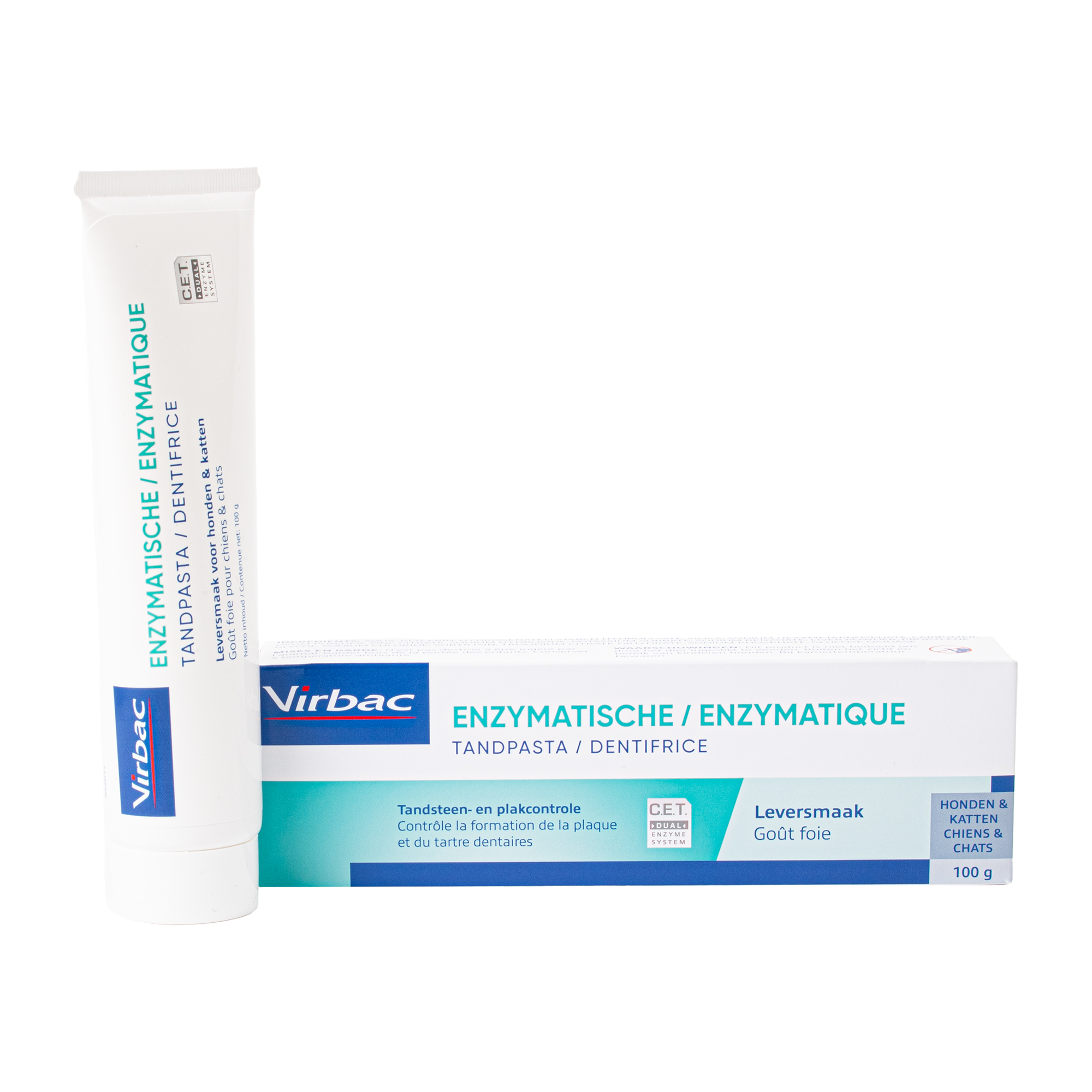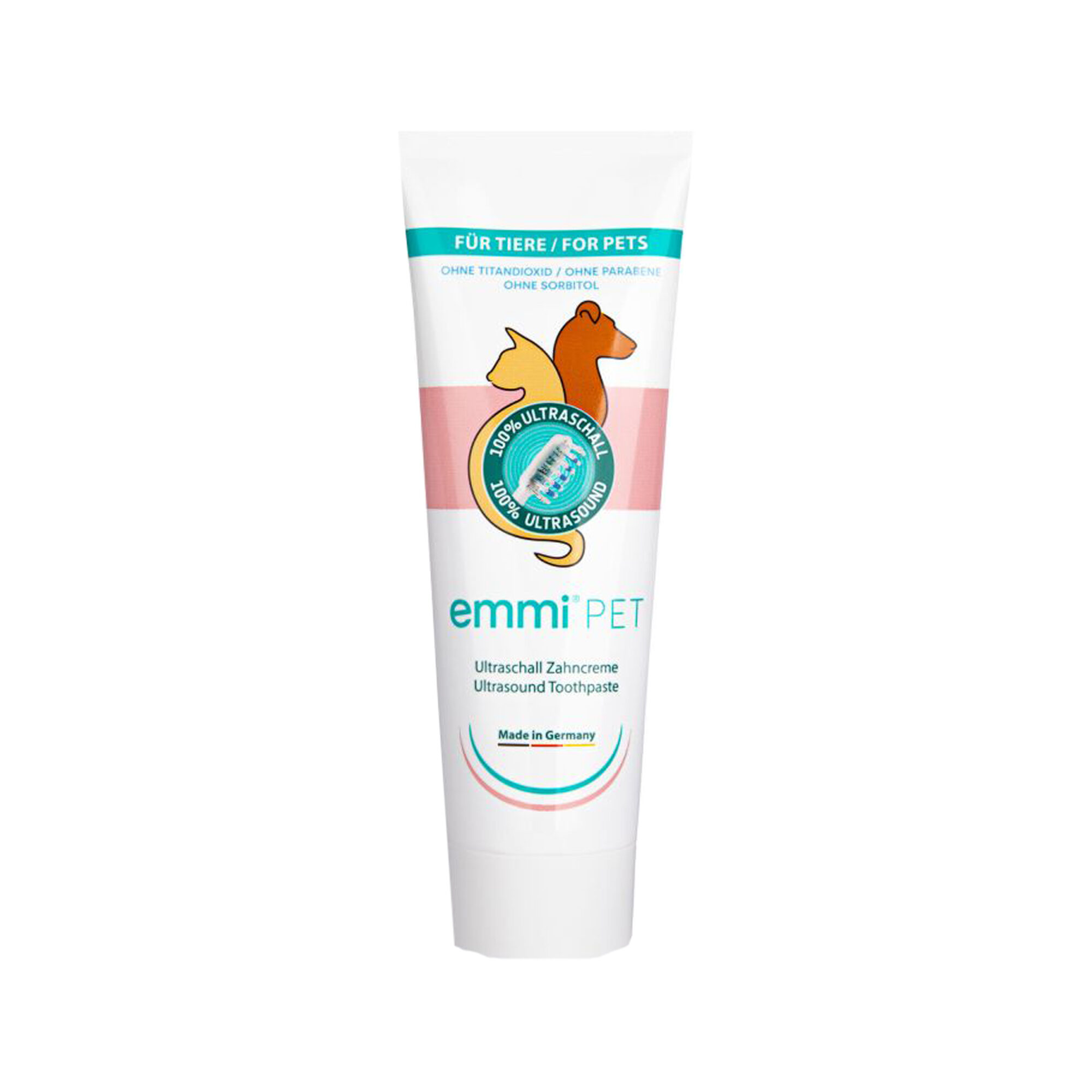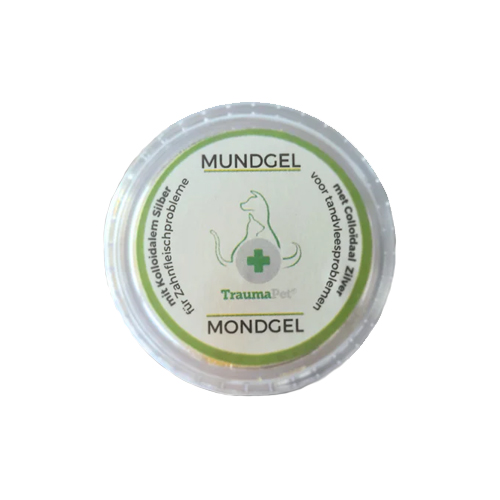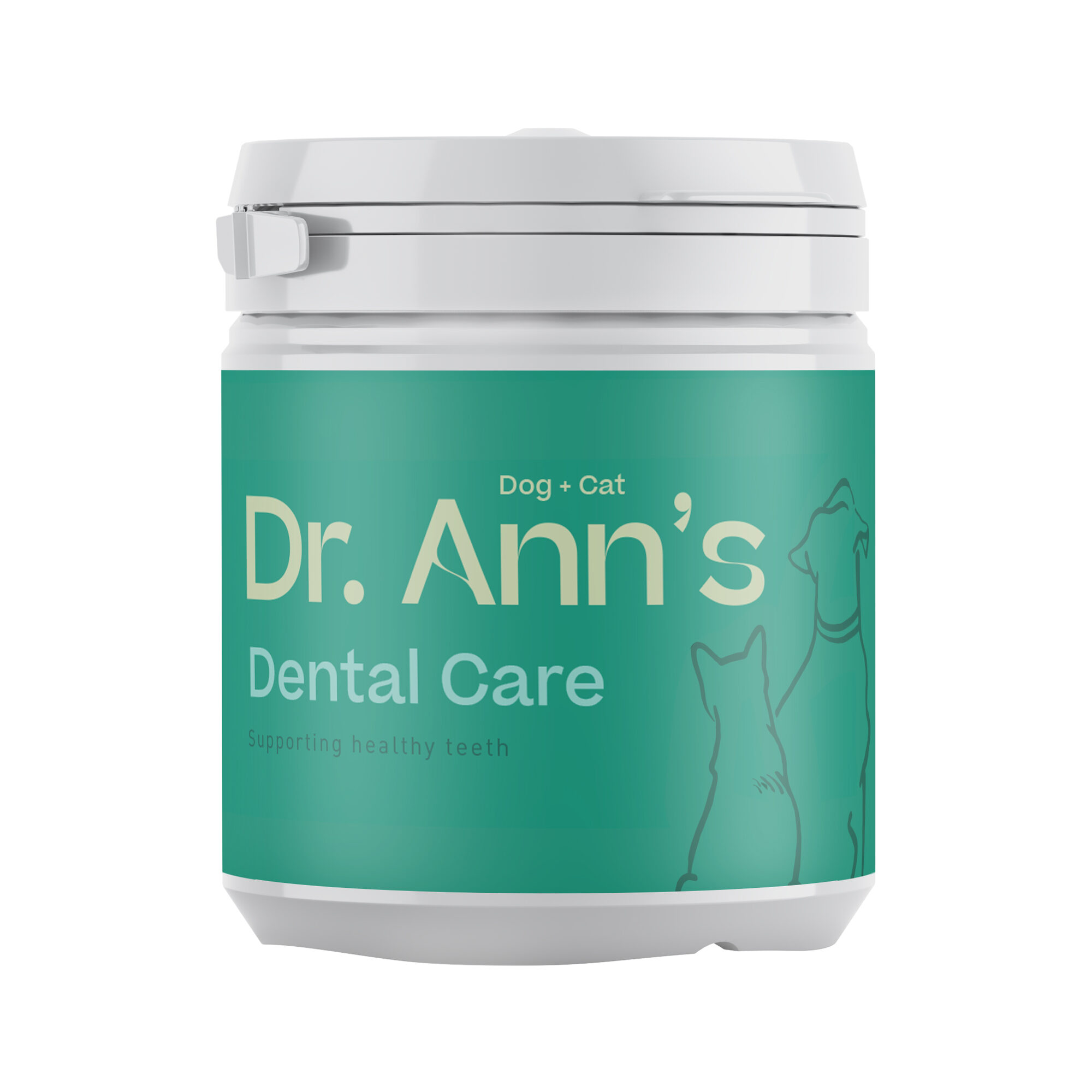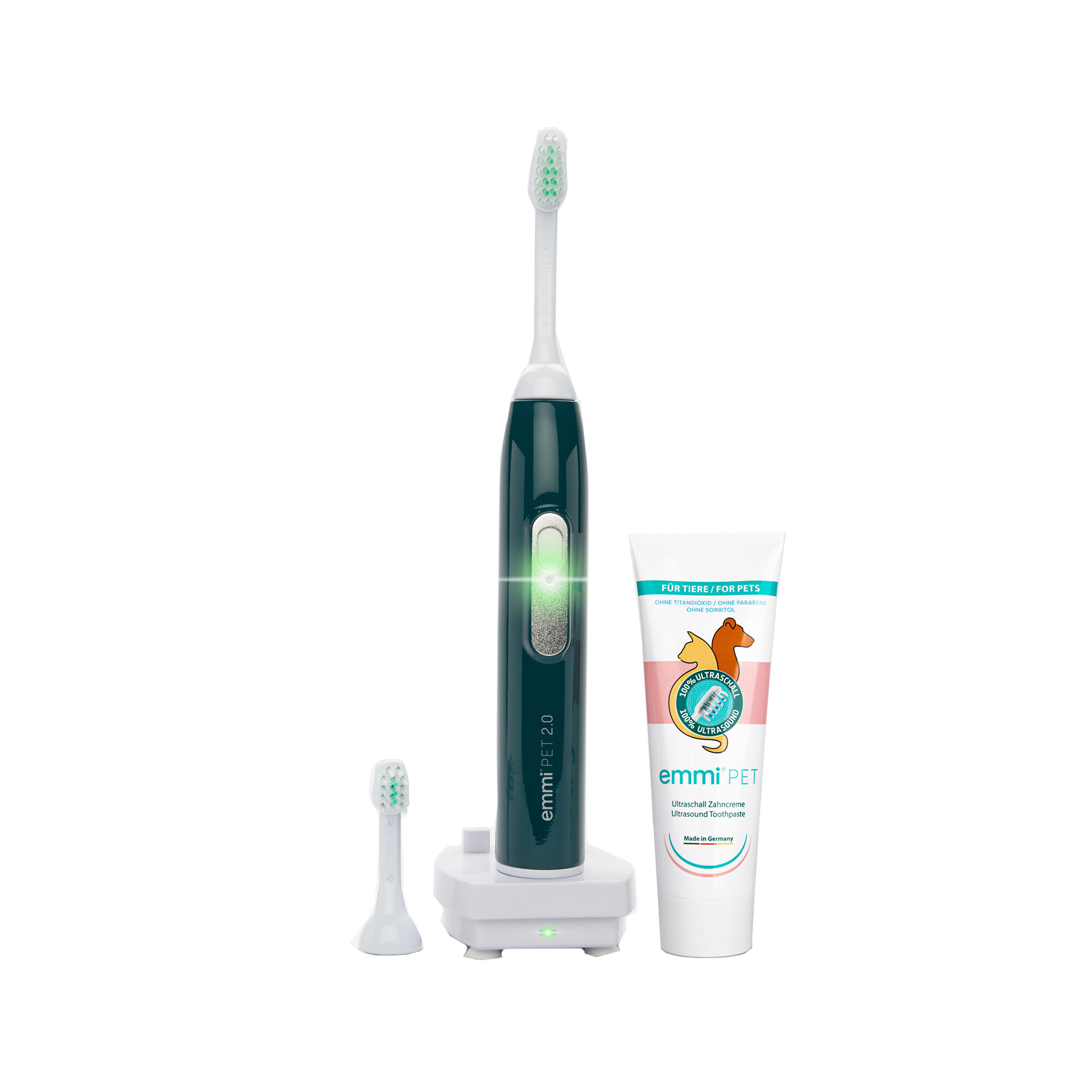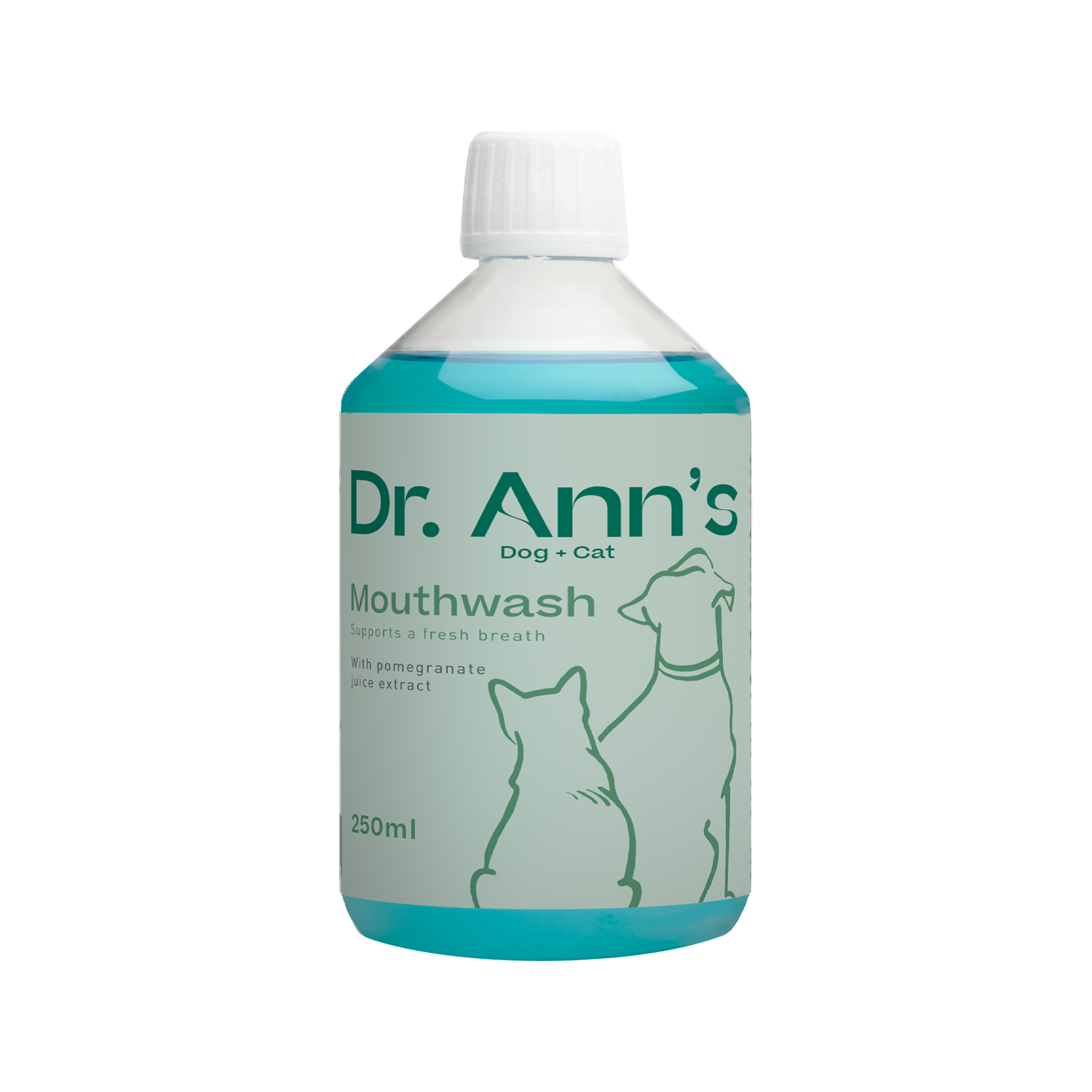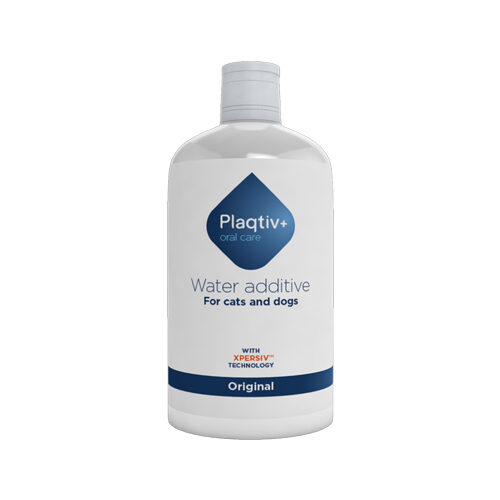Plaque and Tartar
Dental plaque is a thin, sticky layer of leftover bits of food, saliva and bacteria that builds up on teeth and molars. Unlike people, who clean their teeth twice a day, on average, cats don’t remove this build up of plaque by cleaning their teeth, which then becomes hardened and is called tartar.
Infection
If tartar isn’t removed it can lead to gingivitis (inflammation of the gum tissue) and cause teeth and molars to loosen, which is very painful. Infections in the oral cavity can easily spread to other parts of the body. Cats with severe dental problems or oral infections are particularly susceptible to bacteria, which affects their entire immune system negatively.
Symptoms
Cats with (severe) dental problems or gingivitis usually have particularly unpleasant breath and will have difficulty eating. Furthermore, their gums will be very red, you might see blood coming from their mouths or they might rub their head against objects or the floor.
Treatment and Prevention
Tootbrushing
To prevent dental problems in cats, proper dental care is very important. If you start brushing your cat’s teeth when they are young they can get used to it and will not mind it in the future, although some cats will simply not get used to it. There is a range of dental products available to help you care for your cat’s oral health.
Oral Rinse and Mouthwash
You might want to consider an oral rinse or mouthwash if your cat refuses to let you brush their teeth. This will inhibit the growth of bacteria in the oral cavity, which leads to less plaque and reduce the development of tartar.
Specialised Food
You can also attempt to diminish the production of tartar by feeding your cat specialised food. Generally, cats that eat a lot of wet food develop tartar at a faster rate, as dry food polishes the surface of the teeth, naturally preventing this build up. A variety of specialised food that promote the polishing of teeth are available at Vetsend. This specialised food is ideal for cats that won’t allow you to brush their teeth or won’t accept mouthwash or an oral rinse.
Veterinary Consultation
It is important to consult your veterinarian for a check up of your cat’s teeth at least once a year, even if you use one of the aforementioned methods of treatment or prevention. If you notice that your cat has one or more symptoms of a dental disorder, make sure you contact your vet as soon as possible so as to avoid the infection or problem from spreading or worsening.



